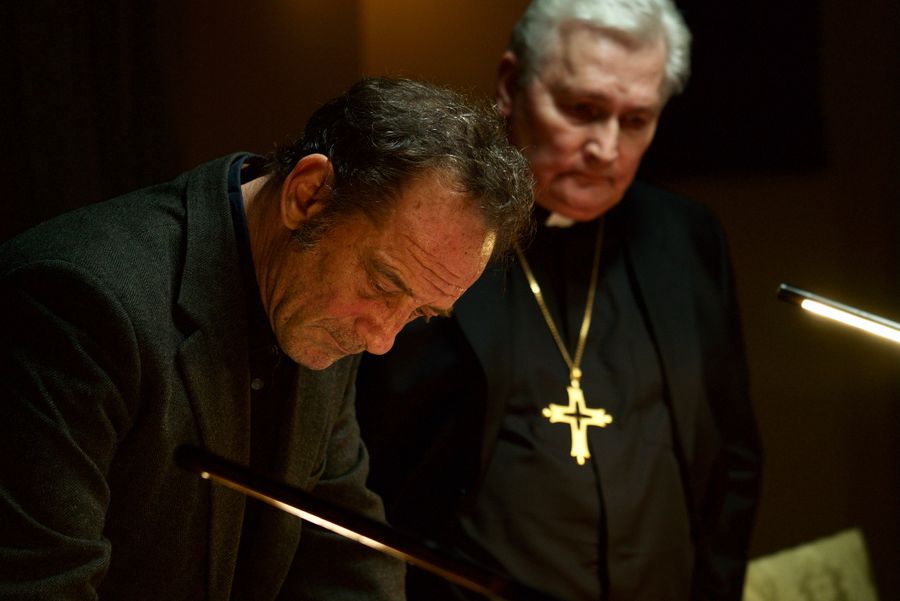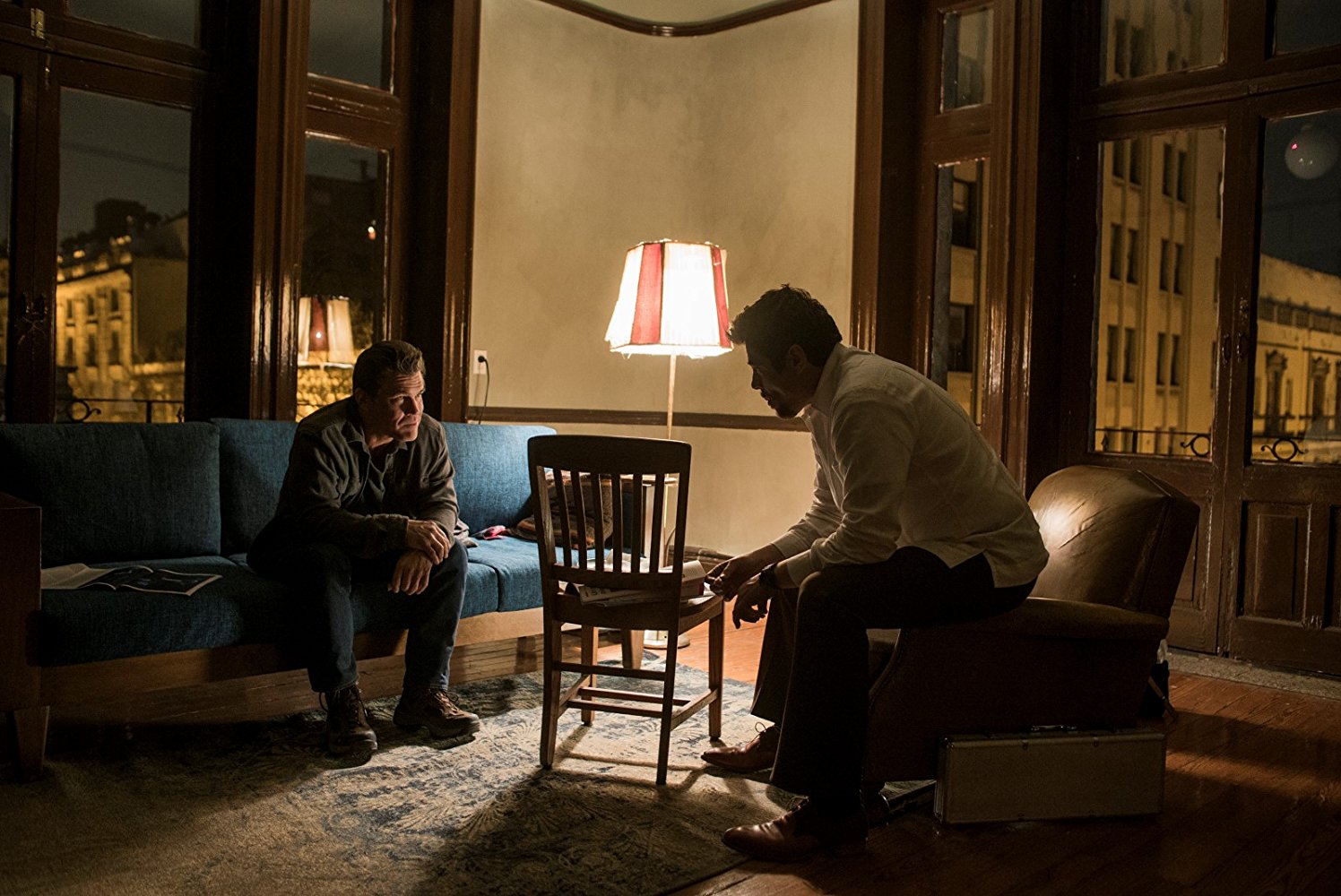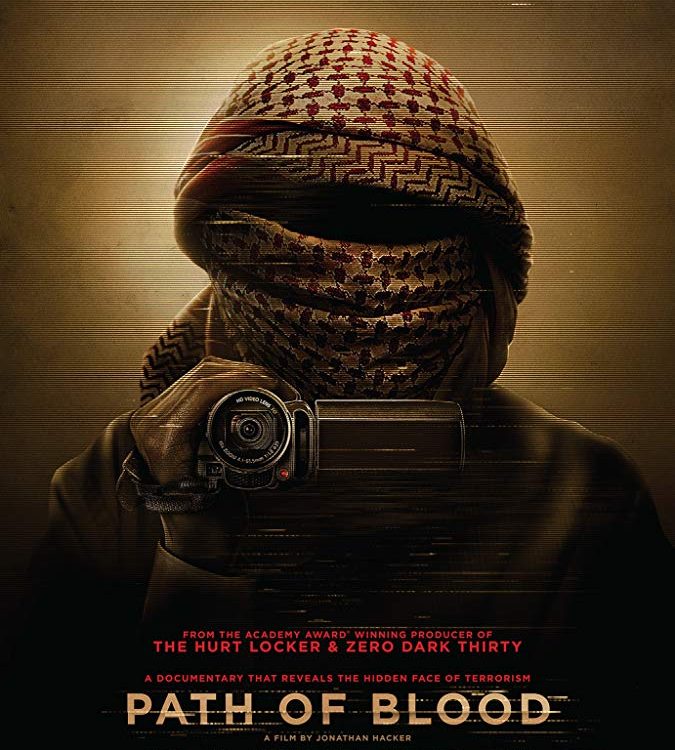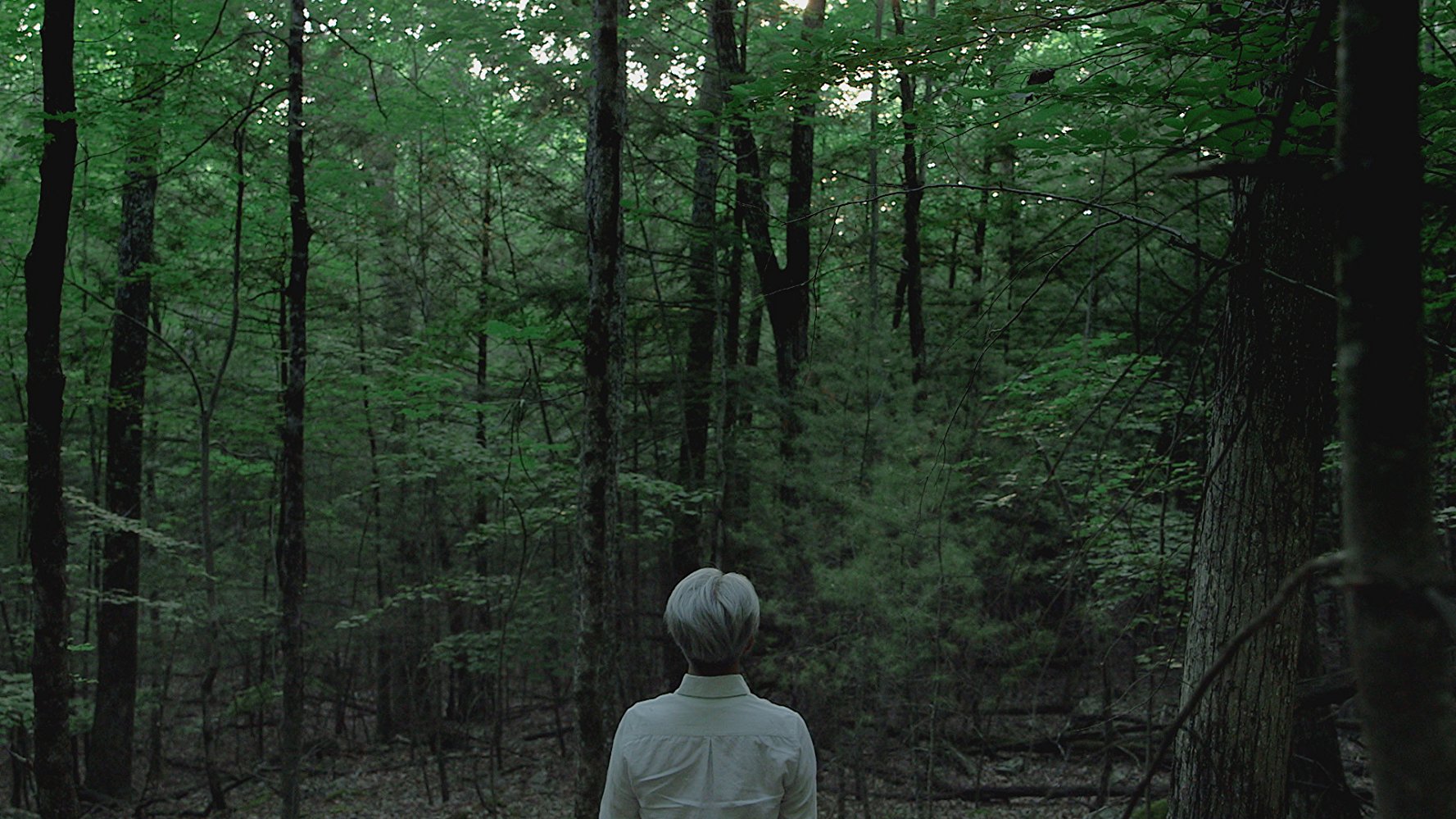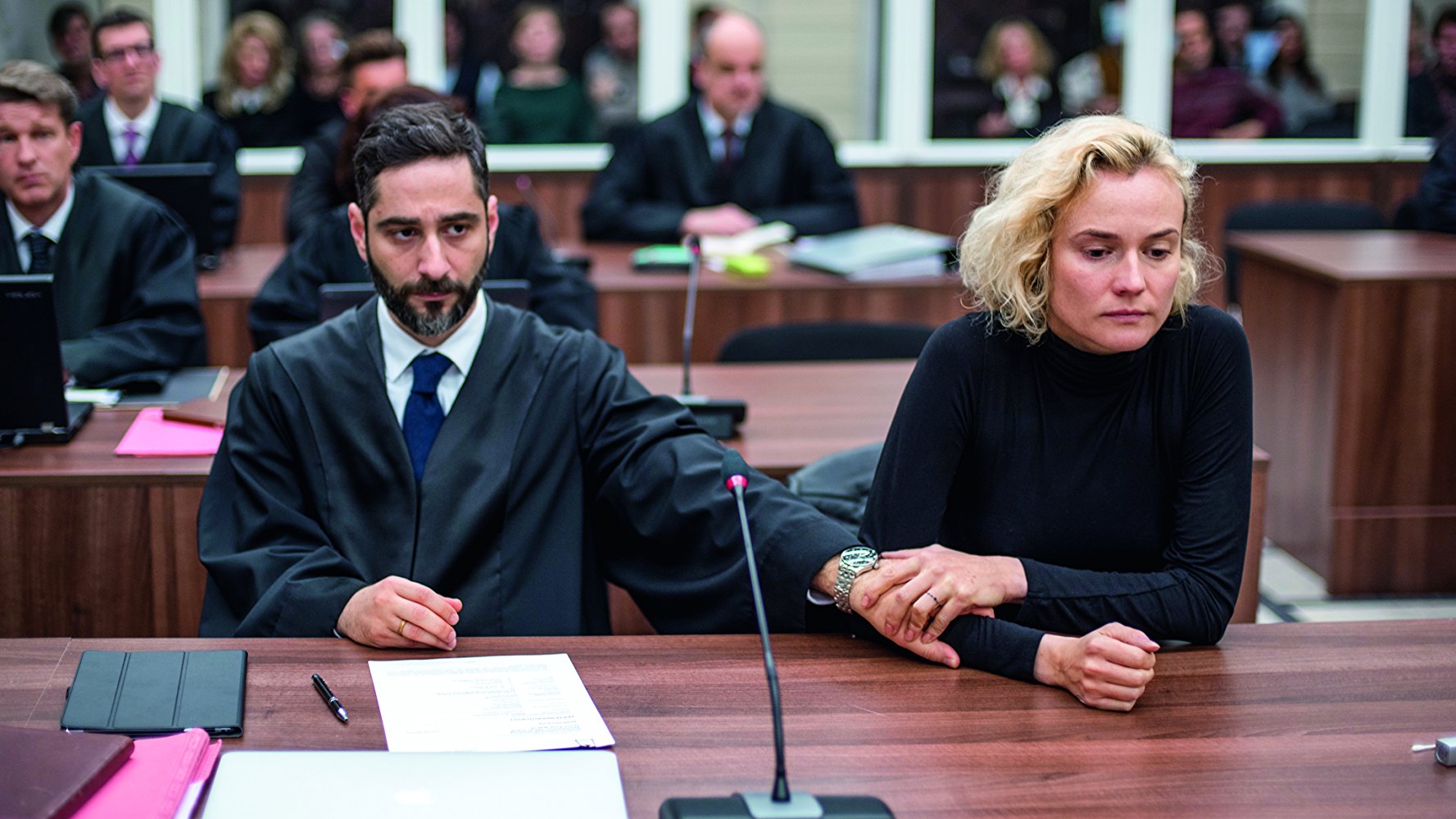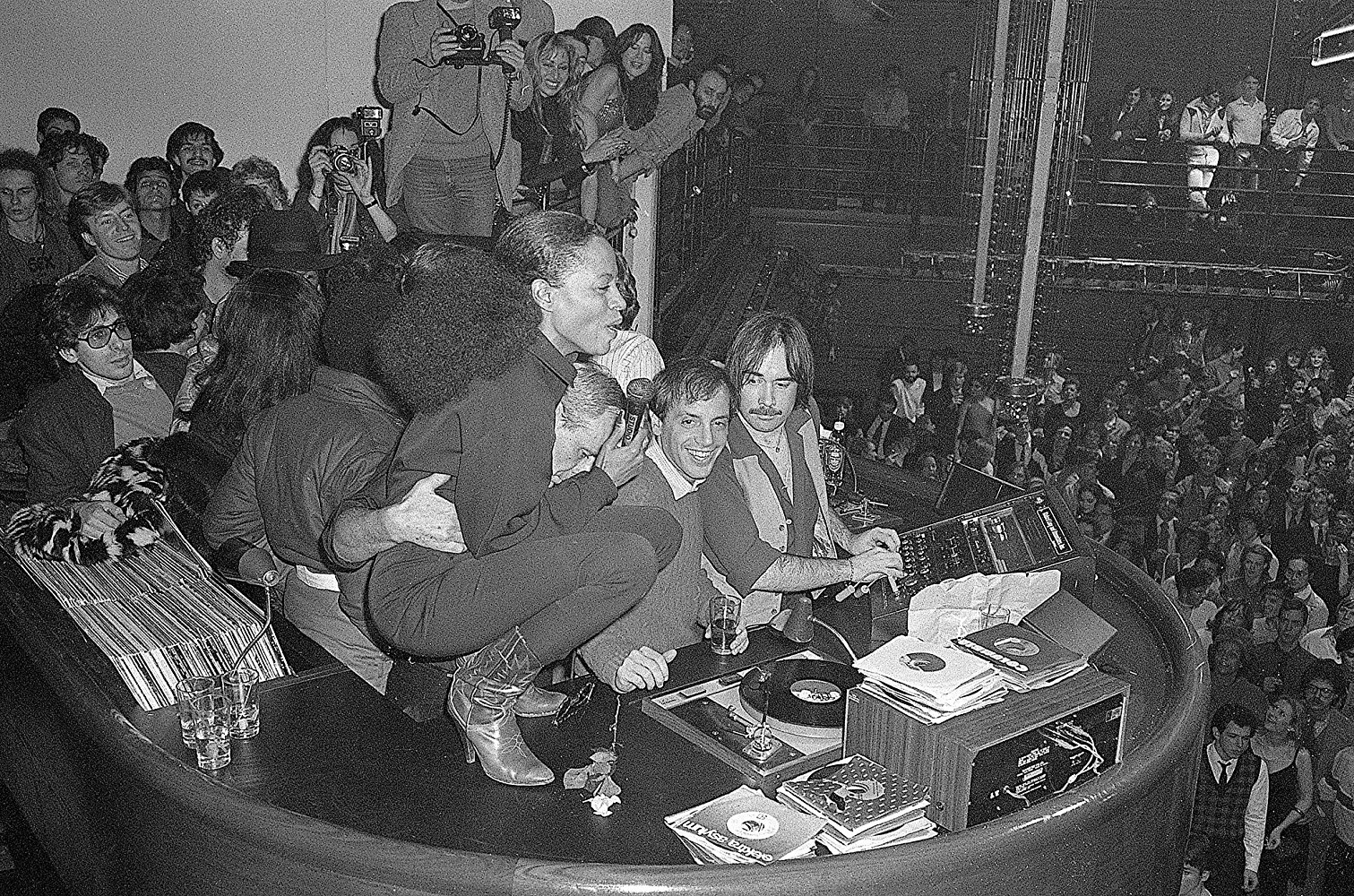Reviewed by Lee Hill The Catholic Church has seen better days at the cinema. During the Golden Age of Hollywood in the 30s and 40s, The Church acted as gatekeeper and censor ensuring that both the Holy Spirit and Hays Code were affirmed. The clergy on film tended to come with a touch of the blarney a la Bing Crosby or as sympathetic, but ineffectual sounding boards like Karl Malden in…
Read MoreSicario 2: Soldado Review
Reviewed by Wyndham Hacket Pain Aliens was famously released with the tagline: This time it’s war. The same line could easily be used to describe Sicario 2: Soldado. Where the original concerned itself with a single drug cartel, the sequel imagines everything on a larger scale. For the franchise’s second outing the objective is to only not undermine the Mexican drug cartels but to have them raging war against each other.
Read MoreFilm Review: Path of Blood
Reviewed by Lee Hill Terrorism is so often framed as an “us” vs. “them” proposition – First World being attacked by everyone else – in mainstream media outlets that it is important to be reminded that the worst impact is still being felt in the Middle East, Afghanistan, Pakistan and South-East Asia. Jonathan Hacker’s documentary, Path of Blood, is an absorbing examination of one such front line, Saudi Arabia. Drawing…
Read MoreFilm review: Ryuichi Sakamoto: Coda
Reviewed by April McIntyre “The world is full of sounds” utters Ryuichi Sakamoto, as he sits, listening intently beneath a canopy of trees. The subject of Coda, an acclaimed actor and composer reveals not only his sound-making process but his own worldview and the influence of an ever-changing society on his work. The documentary, five years in the making is as meditative and as emotional as its subject. We’re introduced to…
Read MoreFilm Review: In the Fade
Reviewed by Lee Hill As clichés go, “revenge is a dish best served cold” ranks as one of the more vacuous. History is full of countless examples of eye for an eye retribution. Acts of vengeance may simmer. but are rarely far from boiling point. Much of the debate around how to deal with terrorism and its causes strives to get opponents to the negotiating table on the basis that…
Read MoreFilm Review: Studio 54
Reviewed by Lee Hill In the mid-70s, reggae, punk and disco pushed and shoved a complacent rock scene into new musical frontiers. When two Syracuse University buddies, Ian Schrager and Steve Rubell, with the aid of $500k from silent partner, Jack Dushey, converted an old CBS TV studio in mid-town Manhattan into the legendary dance club, Studio 54, disco got a cocaine fueled boost into the mainstream. From 1977 to…
Read More